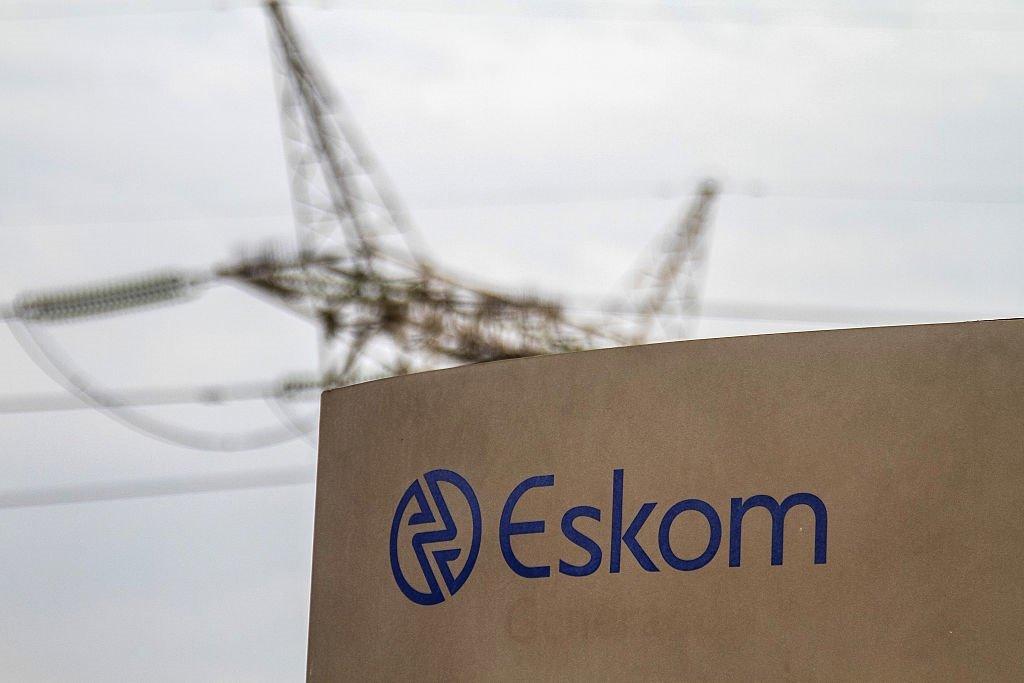Africa-Press – South-Africa. Eskom has made headway in a critical project aimed at keeping the grid stable during peak periods, awarding contracts to two suppliers to get its Battery Energy Storage System (BESS) project off the ground.
The accelerated procurement of battery storage was one of the key interventions for the energy crisis, announced by President Cyril Ramaphosa this week.
Eskom’s BESS has been coming along for a while, and the power utility has now appointed two service providers that will oversee the design, supply, installation, operations and maintenance of the project over five years. The contractors are South Korean company Hyosung Heavy Industries and Chinese company Pinggao Group.
Eskom said the BESS project will act as a proof of concept on the delivery of the first battery energy storage project in South Africa.
The project will use large-scale utility batteries with a capacity of 1440 MWh per day, and 60 MW of solar PV spread across several Eskom sites in the Western Cape, Northern Cape, Eastern Cape and KwaZulu-Natal. It will be one of the largest BESS projects to be developed and implemented in South Africa, said Velaphi Ntuli, Eskom’s general manager for coal and clean technology.
It will be rolled out in two phases.
The first – which is due to come online from June 2023 – will allow for 833 MWh of storage capacity across eight of Eskom’s distribution substation sites, along with 2MW of solar PV capacity.
The second phase – to be commissioned from December 2024 – will allow for 616 MWh of battery storage at four of Eskom’s distribution sites and a transmission site. The solar PV capacity will be 58 MW.
Ramaphosa’s 10-point power crisis plan: What you need to know
The BESS will support the large-scale deployment of renewable energy – which has intermittency challenges in that power can’t be generated when the sun does not shine or when the wind does not blow. The battery storage will help overcome this challenge – by managing demand during peak times – four hours a day for 250 days a year – and will also support grid stability.
Batteries will be charged during off-peak periods, or when the network conditions allow for it, Eskom explained in a statement.
“The project is one of many ways Eskom can partner with various players in finding alternative, innovative and lasting solutions and is also consistent with Eskom’s Just Energy Transition strategy, and storage is one of the key initiatives to assist in addressing the country’s electricity challenges in the long-term,” said Eskom CEO André de Ruyter.
Eskom also has launched a preliminary localisation and industrialisation study so that the project can fulfill these goals.
The project is financed by the World Bank, the African Development Bank, the New Development Bank and the Clean Technology Fund. With finance for phase 1 amounting to $320 million (~ R5 billion) and phase 2, $400 million ( ~R6 billion).
For More News And Analysis About South-Africa Follow Africa-Press






